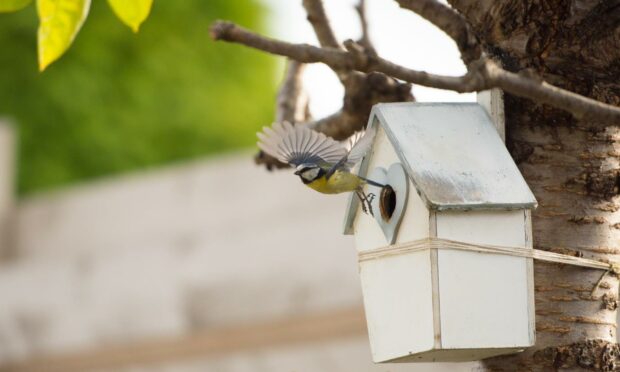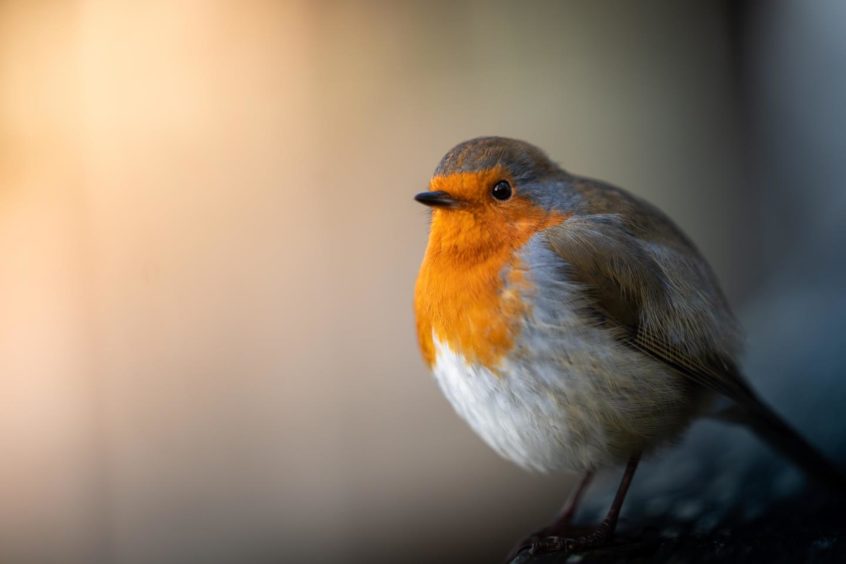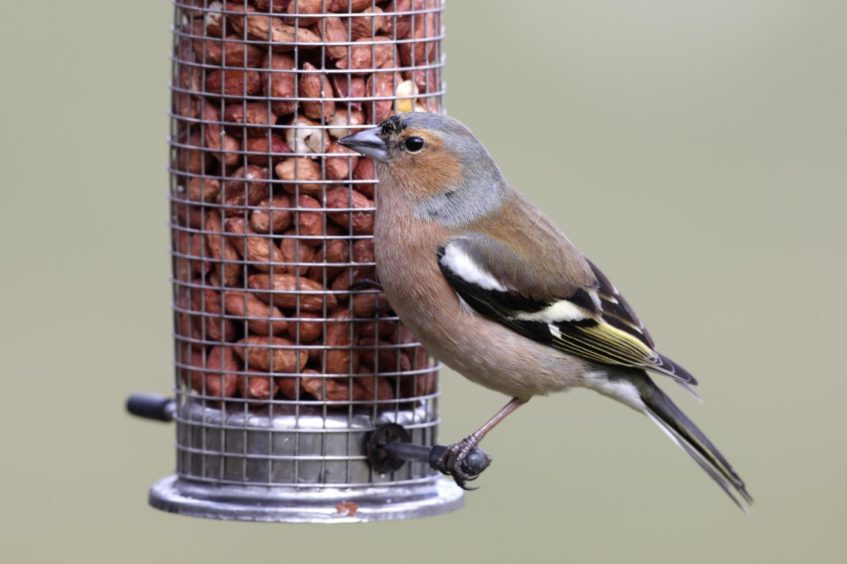To feed or not to feed? That is a question.
In this instance, it doesn’t apply to we humans, who are daily bombarded with contradictory advice about our eating habits.
No, the question this week relates to garden birds.
As you know, I feed them. It helps them survive, which means we get birdsong, which we love, so maybe it’s kind of selfish really.
But, hey, everyone’s a winner.
Birds on a summer diet
In summer, I must say, I’ve been feeding them less. I think there are plentiful other sources of food.
I worry about attracting rodents (the house periodically fills up with mice). And, besides, many of the birds have disappeared for now.
The colonies of sparrows and blue tits: gone, all gone.
It can’t be that the robin has scared them all off. In winter, when food is scarce and I put a decent amount out, they all feed amicably together, knowing there’s enough to go round.
Evil hawks circle sometimes in the sky, but there’s no getting away from them anywhere round here and, besides, my place is as good as any to take refuge in as it’s full of shrubs and trees.
Have they found better food?
I guess the birds have just found better sources of food elsewhere. The Co-op probably.
So, these days, it’s just me and the robin, who appears punctually every morning and watches me do my Chinese health exercises before I put a few pellets on the feeder.
I think he can take or leave them at present, and just comes down for the craic.
I talk a load of rubbish to him as he sits on his usual branch: “How are you today, peerie wee schmuckling? Is du good?”
I don’t know why I speak in that dialect. I just find it homely and associate it with love, I guess.
Now they’re saying it’s bad to feed them
We love to feed the birds, but the BBC has reported research by Manchester Metropolitan University that suggests it might do more harm than good.
This sort of thing comes up from time to time, and I’m suspicious of it.
It’s very mid-market tabloid: Are you doing something? Then it’s bad.
The thesis is that feeding allows some species, such as blue tits, to prosper at the expense of others, such as willow and marsh tits.
Apparently, blue tits steal the nests of willow tits, wee swine that they are.
Of course, a key factor is whether such birds are part of your local ornithological scene.
Willow tits are restricted to southern parts of Scotland, so not a problem where I am. As for marsh tits, they’re not mentioned in my guide to local ornithology.
We should help wildlife
But it’s maybe something to consider elsewhere. That said, I think the instinct to help wildlife is good. We’ve already ruined many of their natural habitats, so we owe them one.
Imagine it was us runnin’ aboot declining woodlands, starving, and the birds living in comfortable homes feeding us.
There’d be articles in the birds’ magazines saying “Don’t give them oven chips” and “Feeding only makes them breed and, soon, they’ll take over the world”.
I doubt if we’d appreciate that.
qI think we have to take feeding with a pinch of salt. For, at the end of the day, feeding is for the birds.




